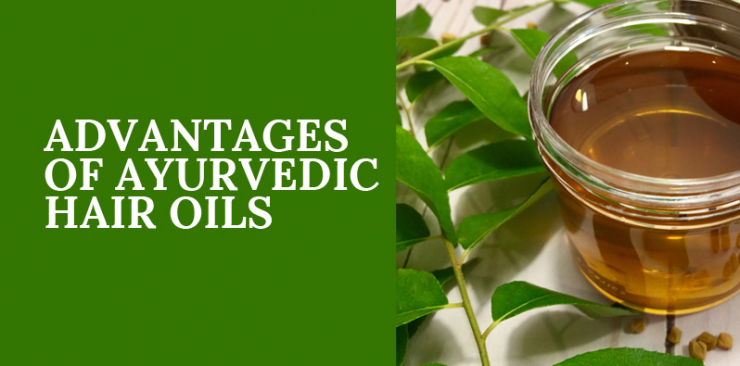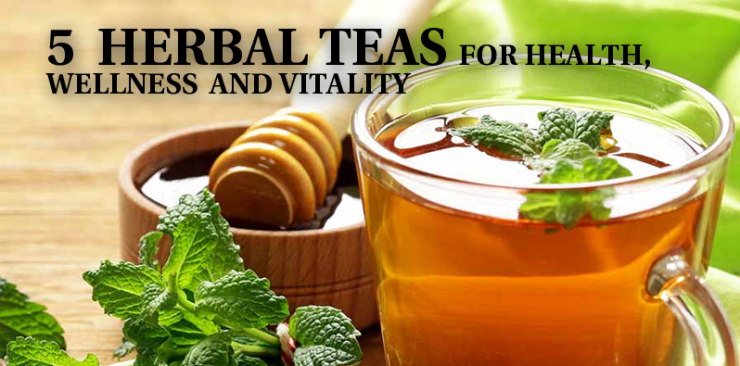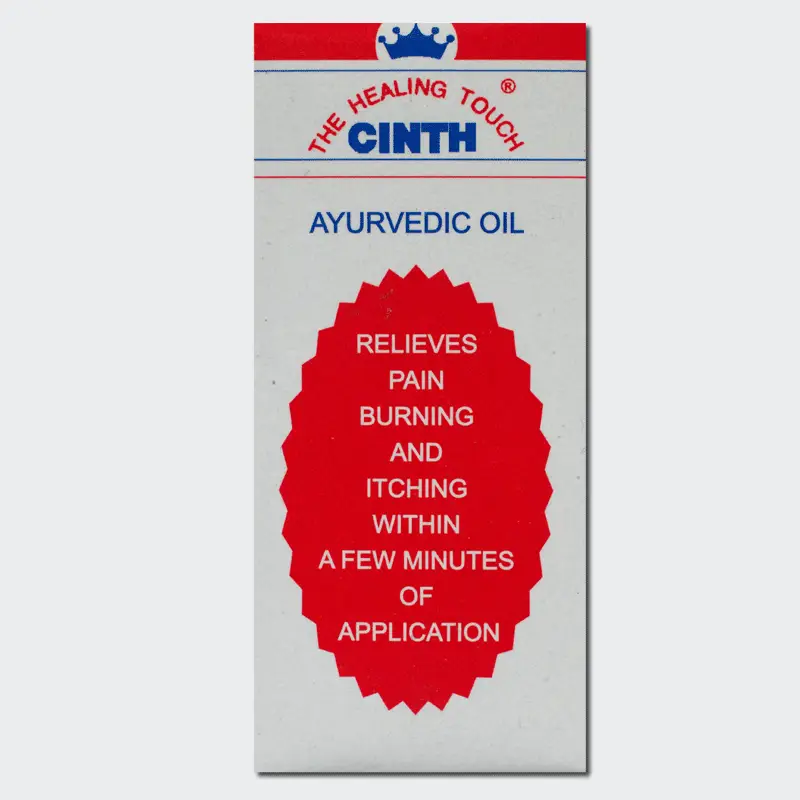Ageing naturally and gracefully with ayurveda
In the age of trying to look youthful and beautiful, we tend to do many things that are artificial and use a lot of chemicals through our cosmetics, etc, which harm us in the long run. Aging is natural and we cannot hold it back. We can at the most delay it by certain natural ways.
While we cannot stop aging, we can decide how we choose to age. Ayurveda guides us to be stronger, confident, and powerful as we age and teach us how to make aging natural and easy with balance and grace.
According to Ayurveda, the three doshas—Vata, Pitta, and Kapha—that represent five elements of nature—ether, air, fire, water, and earth, make our body. The negative side effects of aging are due to imbalances in these doshas. To prevent these negative side effects, we need to find balance. But with age, practicing balance becomes difficult. We have to understand the qualities of old age and need to create a balance with the three constitutions in our body. When we learn to live life in rhythm with nature, we remain in optimum health and have peace of mind.
Ayurvedic ways to age gracefully
Ayurveda respects aging and suggests ways to age gracefully.
Lifestyle management: Ayurveda suggests planning your diet keeping in mind the foods that will create a balance between the doshas, and help in the growth of new cells. Building new and healthy cells while replacing the old and dying cells will keep us youthful for long. If the old cells are not replaced with new cells, the skin becomes wrinkled and the body loses its strength and shape. You should also add foods that will create the least amount of toxins in the body. Your diet should be according to the season and more plant-based diet.
Ayurveda does not advocate for temporary relief of aches and pains while we age. It addresses the underlying causes of pain, which is often linked to poor digestion, wrong nutrition, and accumulation of toxins in the body. Toxins may lead to undigested food deposited in our joints and open spaces throughout the body. Detoxifying the body regularly on a monthly or weekly basis is essential as these toxins can create illnesses.
As we age, our body loses muscle mass and get replaced with fat. We need to slow down the rate of muscle mass conversion to fat mass and retain as much muscle mass for a longer time.
Yoga: While aging, it is essential to stay active and balanced. Ayurveda suggests doing yoga on a regular basis along with other exercises and activities that can help retain muscle mass, reduce fat build-up, and keep us active and flexible. Yogasanas should be personalized with the help of a trainer.
Meditation: Balancing of mind and body is important for good health. It is important to be aware of stressful thoughts and emotions and throw them out from your system, as stress can cause cell inflammation, which in turn can cause many diseases. Regular meditation on a daily basis will clear your mind, calm you down, keeps you away from anger, bitterness, complaining, fear, and negative thoughts.
Herbs: Ayurveda suggests herbs that can delay the symptoms of aging by regenerating new body cells. These herbs have antioxidants that control the growth of free radicals that damage cells in the body. You can include some of these herbs in your diet.
Guduchi is known to revive skin tissues and resolve inflamed skin conditions by its anti-inflammatory properties. It can also enhance the immune system and provide mental clarity.
Guggulu helps in combating various diseases and control the growth of free radicals in the body.
Brahmi enhances the memory. During the process of aging, memory loss is a major problem. This herb is useful for those who suffer from age-related memory loss.
Amalaki or amla, is a good source of Vitamin-C and antioxidants that increase immunity and help our body to fight diseases. This herb helps cure age-related macular degeneration and cataract.
Ashwagandha helps in the process of cell regeneration. In turn, it helps in delaying the signs of aging like wrinkles.
Gotu kola is rich in flavonoids that help to protect the skin while we age.
Ginseng contains phytochemicals that help to get rid of free radicals and protect the skin from exposure to pollution and sunlight



























 AyurCentral
Plus
AyurCentral
Plus






